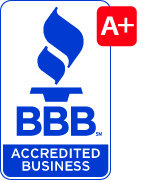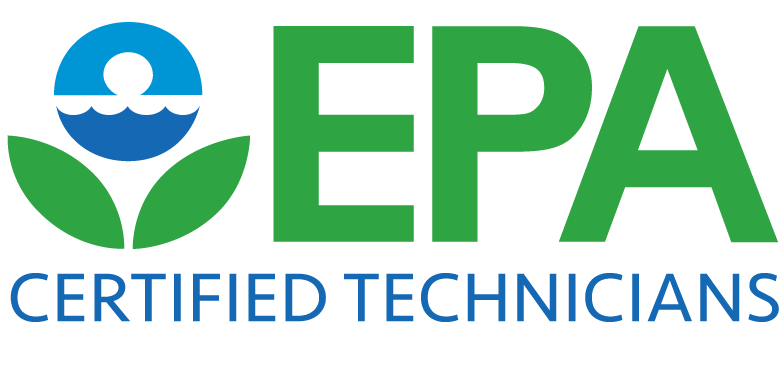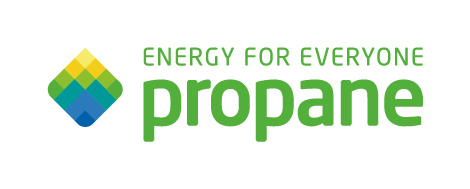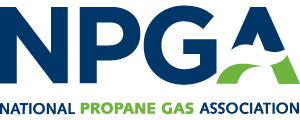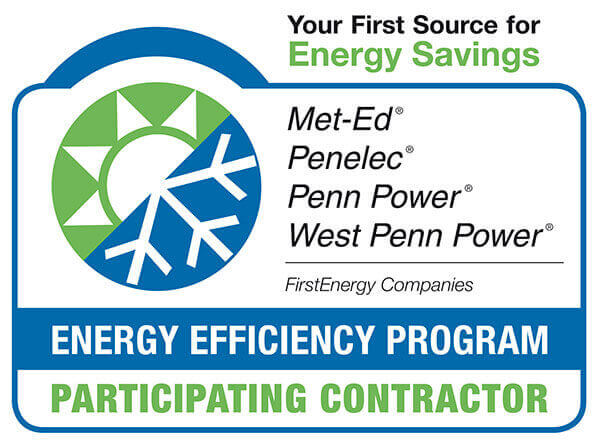FAQs
Q: What does HVAC imply?
A: HVAC is an acronym that means heating, ventilation, and air conditioning.
Q: What kind of routine maintenance do I need to do on my heating and air conditioning system?
A: The solution to HVAC maintenance is proper air movement. This indicates that just about anything that restricts airflow should be immediately taken care of. Things like dust, debris, or dirt should be removed. Your air filters should always be clean for proper circulation. An annual tune-up on your AC should be scheduled in the early spring and a yearly tune-up on your heater should be planned in the fall time.
Q: How do I identify when to switch out my air filter?
A: The necessity to replace your filter changes from one house to another. Some properties are dustier or have furry family pets which will call for a filter change more often. It is a good idea to inspect it on a monthly basis. Some residences will need to change their filter once per month. Some houses will need to change it every 90 days. This holds true if the household is using a good quality filter and certain variables that make a filter dirtier more frequently are not present. Regardless, check it once a month and if it looks filthy, then be sure to switch it out.
Q: How do I have an idea when my cooling system, furnace, or HVAC system is still under warranty?
A: Your equipment should have a label on it. Locate the label and find the manufacture date. Typically, if it is less than 5 years old, then it is still under warranty. This often tends to change by manufacturer and installation company. Your HVAC service company, like SOS XTREME Comfort®, should be able to tell you and verify the status of your manufacturer’s warranty.
Q: Should a loud noise coming out of my AC system and heating unit be something that concerns me?
A: You should certainly do something about a loud noise coming out of your HVAC system. First, you do not want to be a contributor to sound pollution. Despite the fact that your system might be running well, your neighbors will welcome not having to hear your equipment each time it turns on. There are many elements that result in a noisy system. They include things like:
- Age
- Make of the unit
- Whether or not the compressor is insulated
Most present-day systems are a lot more quieter than their earlier comparable versions. Nevertheless, be sure to compare makes and models and compare the sound ratings for each. You do not want to install one that is a little louder than another option mainly if it is located right next to your bedroom window.
Q: I have an idea of the risks of carbon monoxide. Is this something I should be worried about?
A: A CO leak is definitely unsafe. It can produce harmful consequences. Since a leak is undetectable, it is recommended to get a CO alarm in your home. You should also carry out adequate upkeep on your system to avoid a carbon monoxide leak.
Q: What are the causes of indoor air pollution?
A: Indoor air pollution is a concern that should be dealt with by all property owners. This is specifically the case for property owners who have a newly built house. These houses are built so tightly that they do not aerate as well as older homes do. A tightly built home allows for the greatest energy efficiency. However, it indicates that homeowners ought to have a whole house ventilation system to avoid being exposed. Factors to indoor air pollution are:
- Carpeting
- Furniture
- Drapes or window curtains
- Upholstery
- Chemical cleaning products
These products emit fumes and gases that accumulate. The build-up of these gases and fumes is the leading cause of indoor air pollution.
Q: How does my HVAC system force air all throughout my home?
A: Air is extracted through vents by a fan. At that point, the air passes through your air ducts that ends up in your system’s air handler. It is returned to the rooms in your home through the air vents or registers that are commonly situated on your wall, ceilings or floor surfaces.
Q: I need to buy a new heating/cooling system. How do I select the best one for me?
A: The number one feature that you have to think about is size. The model should be the appropriate size for your house. Many people make the blunder of investing in units that are too big, thinking that the system will heat or cool down their house more quickly. Other homeowners buy units that are too little, assuming that their units will use less electrical power and for that reason, save money. This is a big no-no. Your unit has to match the size of your house so that it can properly heat or cool it. A Nanuet, New York heating and cooling contractor, like SOS XTREME Comfort®, has the expertise to match your unit. Also, be sure to explore operating expenses of your system with your contractor. You want a system that, basically, pays you back. Make sure to invest in a system that, on a monthly basis, balances out the expense of the unit through your utility bill.
Q: I just purchased a new cooling and heating unit. Should I have a programmable thermostat installed also?
A: People are becoming more attentive of the energy use in their houses. An uncomplicated apparatus, such as a programmable thermostat, is really helping property owners become more familiar with their home heating and air conditioning costs. It enables house owners to change the temperature of their property based on their necessities and routines. This saves them a lot of money just because they don’t have to try to remember to turn the thermostat up or down before leaving the home or just before going to sleep. In the hustle and bustle of life, most people neglect to do this. For instance, you can set up your thermostat to warm your property just before you wake up in the morning rather than waiting for you to get out of bed to do it. You can also do this just before you get home from your job. It is quite a convenient, economical device.
Q: I recognize that I ought to have my furnace checked in the fall and my AC inspected in the springtime. Why can’t I have both inspected together?
A: You use your HVAC system the most in the summer and in the cold season. Therefore, you have to have your air conditioning unit tuned up the springtime and your heater tested in the autumn. A Nanuet HVAC professional will get more of a precise result when each system is about to be utilized the most. This protects against costly repair jobs and it ensures that your system is working at peak performance.
Q: I want to landscape my lawn in the springtime. Can I plant near my outdoor unit?
A: You can plant near your unit but we propose that you leave 18 inches around your unit clear from any vegetation. This enables proper air circulation which your system needs for it to perform appropriately. Otherwise, your unit could overheat which results in an unnecessary service call.
Q: Can I shut doorways and air vents to areas that aren’t continuously used?
A: There is a prevalent view among people that if you shut off doors or air vents to areas that are not frequently used, then you will lower your electric costs. This is completely wrong. Your unit is installed to match the ductwork on your property. When you block an air vent or door, then the air has to go somewhere. It produces a great deal of pressure which then your blower, or the heart of your HVAC system, has to make up for. It works more and increases your electric costs.



